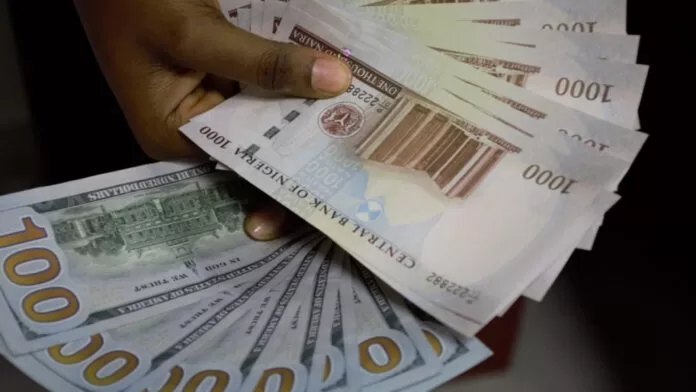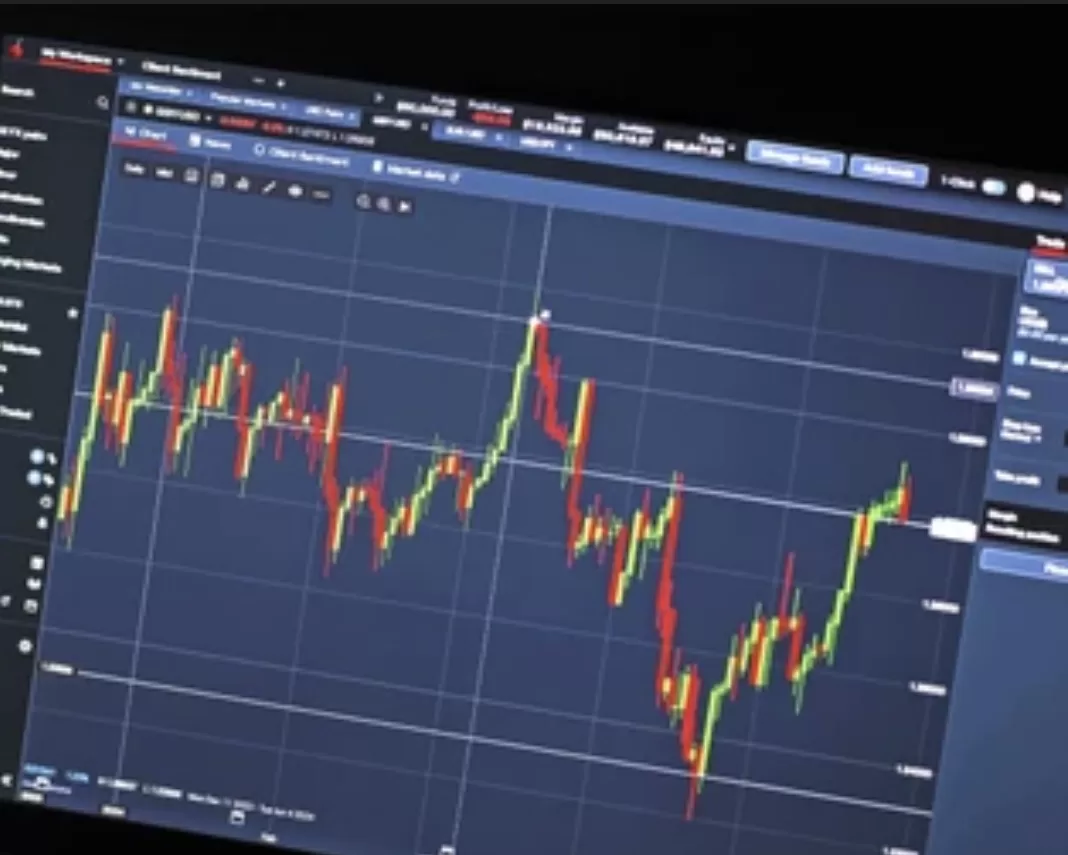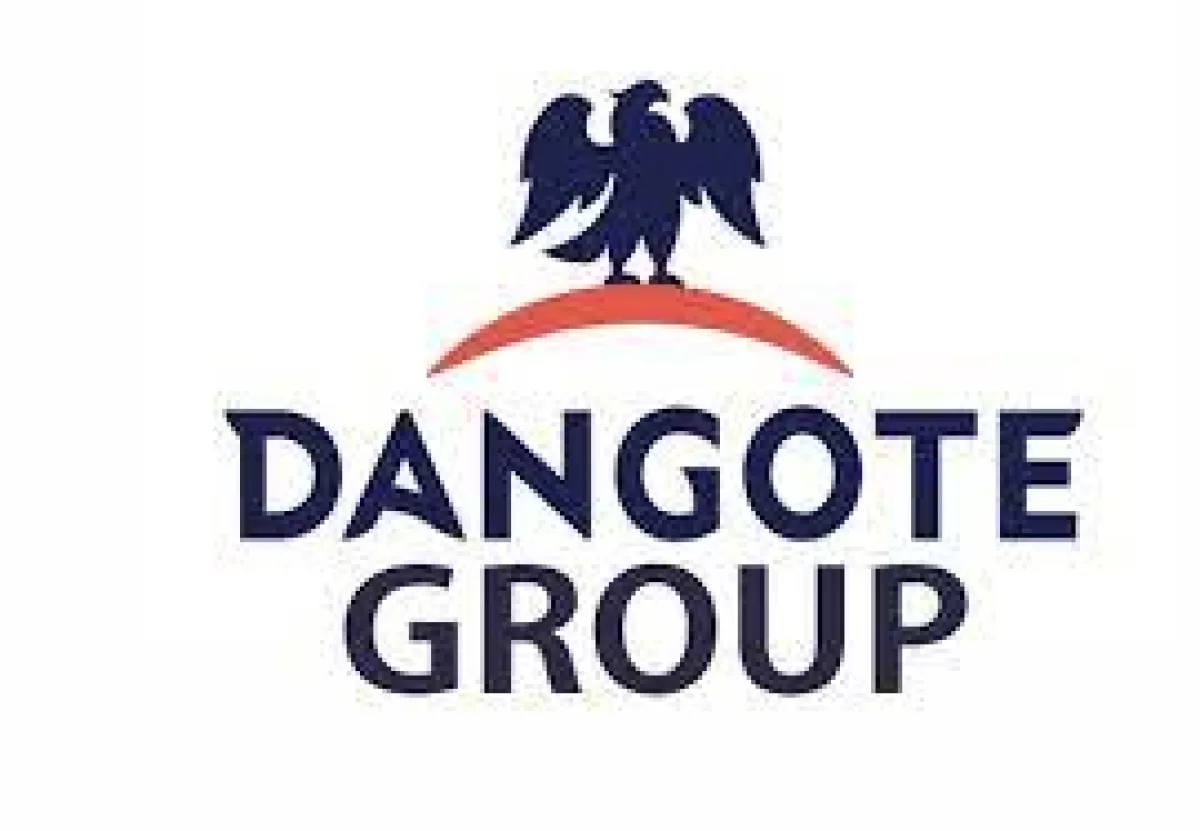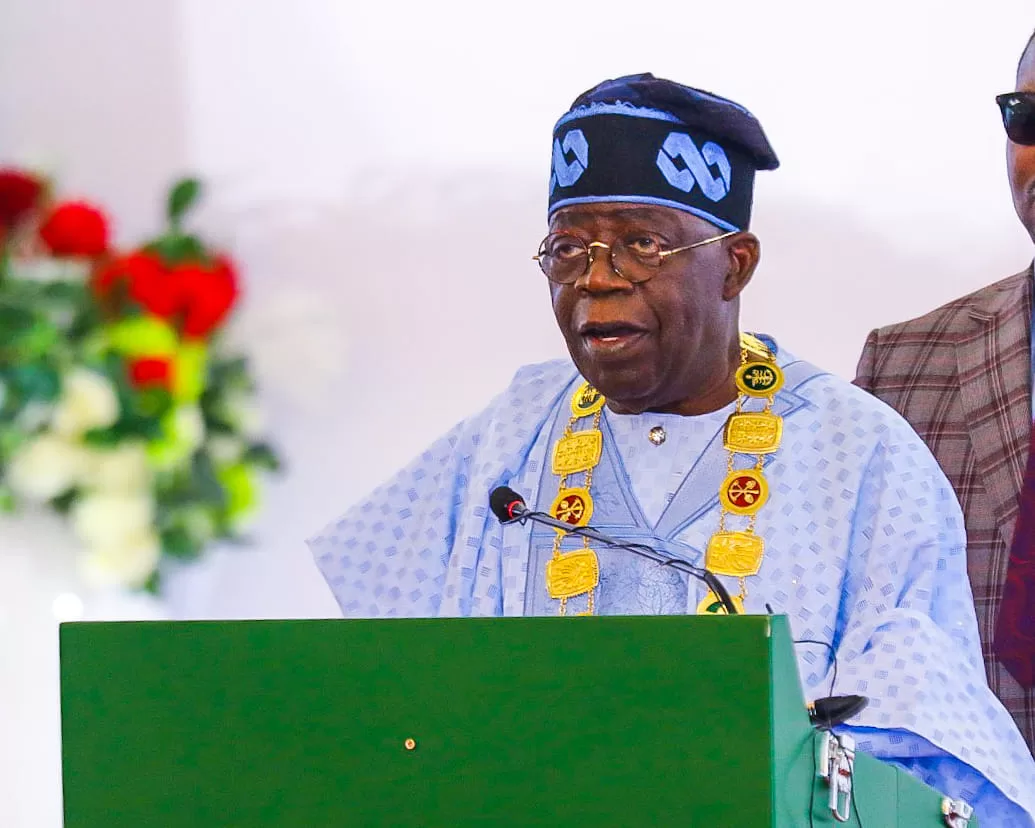The Federal Government’s expenditure report for the first eight months of 2024 highlights the significant impact of debt servicing on Nigeria’s finances. Between January and August, ₦7.41tn was spent on debt servicing, surpassing the pro-rata budget of ₦5.51tn by 34.4%.
This amount represents 89.6% of the ₦8.27tn budgeted for debt servicing this year, with the government likely to exceed this figure, as it did in 2023.
The ₦7.41tn spent on debt servicing between January and August 2024 represents 89.6% of the ₦8.27tn budgeted for the year, with the government likely to exceed this amount, similar to 2023.
In 2023, the Federal Government allocated ₦6.55tn for debt servicing, but actual spending reached ₦8.56tn, surpassing the budget by ₦1.99tn (30.5%).
According to the most recent Medium-Term Expenditure Framework, in 2023, the Federal Government allocated N6.55tn for debt servicing, but actual spending rose to N8.56tn, exceeding the budget by N1.99tn (30.5 per cent).
The increase in debt servicing was mainly driven by domestic debt, which totaled ₦5.03tn, exceeding the budgeted ₦3.92tn by 28.5%.
Foreign debt servicing amounted to ₦1.82tn, in line with the budgeted allocation. Meanwhile, capital expenditures continue to face significant shortfalls, further limiting developmental progress.
The massive expenditure on debt servicing contrasts sharply with the underperformance of capital expenditure, which reached just ₦3.65tn—60.3% below the pro-rata target of ₦9.18tn.
According to the 2025–2027 Medium-Term Expenditure Framework, domestic debt servicing amounted to ₦3.60tn, slightly exceeding the pro-rata budget of ₦3.53tn by 2%. In contrast, foreign debt servicing soared to ₦3.80tn, more than double the budgeted ₦1.83tn, representing a variance of 107.7%.
The surge in foreign debt repayments has been attributed to the depreciating naira, which has significantly inflated the cost of dollar-denominated debts.
Economists in the past raised concerns that Nigeria’s rising external debt obligations are draining foreign reserves and straining the government’s ability to finance development projects.
It was also reported that the Federal Government spent ₦3.05bn servicing interest on bonds tied to securitized Central Bank advances.
While spending on debt servicing has surged, the data highlights a concerning shortfall in capital expenditure, which is crucial for driving economic growth.
Out of the ₦13.77tn allocated for capital projects in 2024, only ₦3.65tn had been spent by August, resulting in a shortfall of ₦6.03tn. The biggest underperformance occurred in government-owned enterprises, where only ₦95.31bn was utilized—82.6% below the pro-rata budget of ₦547.27bn.
Additionally, multilateral and bilateral project-tied loans, crucial for funding infrastructure, saw zero utilization out of the budgeted ₦1.05tn.











